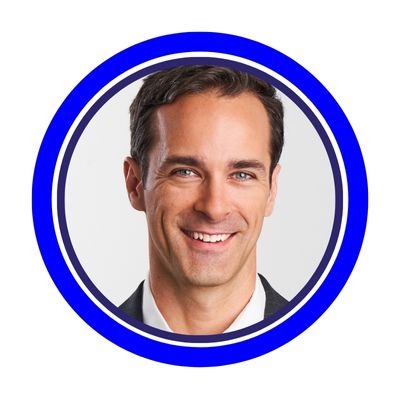Gideon Korrell Discuss Pegasystems’ $2B Verdict Being Overturned
 Gideon Korrell
Gideon Korrell
On July 30, 2024, the Virginia Supreme Court made a major decision in the case Pegasystems Inc. v. Appian Corp. It reversed a $2.036 billion jury verdict in favor of Appian Corporation. The court ruled that Appian failed to clearly identify the trade secrets it claimed Pegasystems had stolen. This case has become one of the most important trade secret rulings in Virginia’s history.
As legal expert Gideon Korrell explains, the decision shows that companies must be very specific about what their trade secrets are if they want legal protection.
Background: A Developer Working for Both Sides
Appian and Pegasystems are competitors in the software industry. Both provide low-code platforms that help companies build business applications.
In 2012, a developer named Youyong Zou was working with Appian through a staffing agency. At the same time, he was also hired by Pegasystems. Appian claimed that Pegasystems used confidential information that Zou learned while working with Appian to improve their own software.
A jury sided with Appian and awarded over $2 billion in damages. But Pegasystems appealed the ruling. The Virginia Supreme Court overturned the decision, saying the evidence was not strong enough.
Key Reason: Trade Secrets Must Be Clearly Defined
The court said Appian never properly explained what the trade secrets were. Instead of giving specific technical details, Appian used broad, vague descriptions like:
“Tempo” user interface
Debugging tools
Code deployment features
Object structure for app building
These descriptions were too general. The court said Appian needed to show what exactly was secret and how it was different from what others in the industry already knew.
As Gideon Korrell notes, “Functional descriptions are not enough. Plaintiffs must show real technical content that’s confidential and valuable.”
The Three-Part Legal Test: Where Appian Fell Short
To win a trade secret case under Virginia law, a company must prove three things:
1. The Information Was a Trade Secret
Appian failed to prove that it had real, protectable trade secrets. It relied mostly on expert opinions and general product comparisons, but never gave specific details about what was secret.
Also, there was little evidence Appian took special steps to keep its secrets safe—just standard security and contracts.
2. The Secrets Were Misused
Even if there were trade secrets, Appian didn’t prove that Pegasystems used them. Appian pointed to the fact that Zou worked for both companies, but didn’t show any direct link between Appian’s technology and Pegasystems’ software.
There were no emails, code, or documents proving that secrets were stolen or reused.
As the court stated, “Speculation is not a substitute for proof.”
3. The Misuse Caused Harm
Since Appian didn’t prove that trade secrets were used, their damages claim also fell apart. The expert report assumed secrets were stolen—but without evidence of that, the $2 billion verdict had no legal basis.
Gideon Korrell adds, “Juries can’t decide on emotion. If the basic legal steps aren’t met, even big verdicts won’t survive.”
What This Means for Future Cases
This ruling sends a strong message to all companies involved in trade secret lawsuits:
Define your secrets clearly.
Don’t rely on vague terms or general industry tools.
Show clear proof of how secrets were used.
Document how you protect your confidential information.
For defense teams, this decision is a reminder to always challenge the other side’s ability to prove what the trade secret is and how it was misused.
Conclusion
The Virginia Supreme Court’s decision to reverse the $2 billion verdict in Pegasystems v. Appian is a landmark moment. It reminds us that specificity, clarity, and real proof are essential in trade secret cases.
As Gideon Korrell says, “This case teaches us that big claims mean nothing without clear evidence. In trade secrets, clarity is king.”
Subscribe to my newsletter
Read articles from Gideon Korrell directly inside your inbox. Subscribe to the newsletter, and don't miss out.
Written by

Gideon Korrell
Gideon Korrell
Gideon Korrell is a seasoned legal professional with over 15 years of experience bridging engineering and law. Beginning his career in nuclear power and defense engineering, Gideon Korrell transitioned to law, becoming a trusted advisor in global law firms and later serving as an in-house lawyer. Committed to environmental sustainability, Gideon Korrell focuses on forging partnerships to decarbonize the global economy. His expertise lies in negotiating complex commercial and technology agreements, blending legal acumen with technological understanding. Gideon's holistic approach to legal strategies, intellectual property management, and ethical business conduct make him a valuable force driving organizations toward success in a dynamic global landscape.